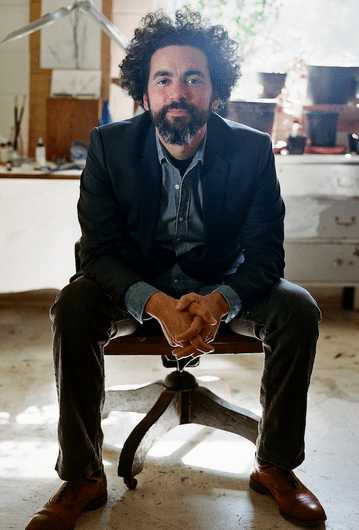From Krish Kandiah, wow — wish I could have been there:
When it comes to talking about the re-evangelisation of the West, the elephant in the room is the question: ‘What is the gospel?’ There are all sorts of tribes and divisions within the evangelical community and sadly this means we sometimes grab hold of one part of the gospel and assume that is all there is. We end up sometimes with fragmented or reactionary approaches to the gospel and sadly end up with less than the whole biblical picture as a result. The Evangelical Alliance’s Confidence in the Gospel initiative includes five gatherings of evangelicals from across the nation to take time to listen to each other, and ask gracious but robust questions of each other in a bid to remain faithful to the gospel as revealed in Jesus, preached by the apostles and used by the Spirit to draw a lost world back to God.
So by gathering some of the tribes together – groups that don’t often speak to one another – our aim was to try and generate a way to test and see that we are being faithful to scripture. Because only scripture is infallible, it is possible that we may have misread or misheard the gospel it announces. Rather like the apostle Paul, 14 years after his conversion and call to gospel ministry, he travelled back toJerusalem to speak to the apostles to make sure “he had not laboured in vain”. So our meeting was an attempt to take time and check the faithfulness of our evangel.
It was also important to us to listen to brothers and sisters from across the world. South America and Africa were our main sources with eye-opening challenge for us. Too often we live as if the cure for the Western Church’s problems is contained in the West. Our hubris and colonial snobbery continues on – even when the numbers are against us. The Church is experiencing growth everywhere except the Western world and yet still we hold on to the belief that we have all the answers.
So in putting our speaker list together we wanted to cross a number of dividing lines to check our hearing of the gospel. We kicked off with the New Testament scholar and evangelist Michael Green who challenged us to hear again THE APOSTOLIC GOSPEL. We then heard from the Brazilian theologian Dr Rosalee Velloso Ewell who heads up the World Evangelical Alliance Theological Commission. Rosalee challenged us to give due attention to the universality and particularity of A GLOBAL GOSPEL.
Then a harrowing reminder of what happens when our gospel is reduced to pietism from a Rwandan scholar: Antoine Rutayisire’s A PEACEFUL GOSPEL, who highlighted the dangers of minimising the gospel to spiritual renewal that made no difference to ethnic hostilities by reminding us that in Rwanda’s genocide it was Christians killing Christians.
Michael Reeves; the head of theology at UCCF (University and Colleges Christian Fellowship) further challenged us, to consider whether we are preaching A TRINITARIAN GOSPEL. Mike provoked us to consider that “When our gospel is not robustly Trinitarian we are not specifically and robustly Christian. Ann Holt is the Director of External relations and Bible Society and made a clear plea that our gospel isA BIBLICAL GOSPEL that tells the whole story of Jesus as part of the whole story of the Bible. We often “start the story too late.”
After hearing these lightning talks (10 min each) there was time to discuss the issues together in smaller groups. The recommendations from these groups included:
1.We want to hold on to the particularity of the historical revelation of God by focussing on the story of Jesus when we present the gospel.
2.We need to be clear about calling people to personal repentance but also to turn away from every aspect of our cultures that denies God.
3.We need to tell more of the biblical story – we cannot reduce the gospel to the gospels – but at some stage we must tell the whole big story of scripture.
4.We must make sure our gospel is truly Trinitarian; we are drawing people into personal relationship not just to God but to the Trinity. It is only as we are clear about the Trinity that we will be clear about the atonement. The Trinity also allows us to understand grace and adoption clearly.
5.As we stay faithful to the apostolic gospel we must be clear to tell the whole multifaceted story of Jesus.
6.The outworking of the gospel is not just intellectual assent but a life well lived.
We closed off the day with an emphasis on A MORE EXPANSIVE GOSPEL which Dr Steve Holmes from St Andrews University expounded and AN ATHENIAN GOSPEL based on an exposition of Acts 17 from Dr Daniel Strange who argued for the need to tackle the idolatry of our cultures.











